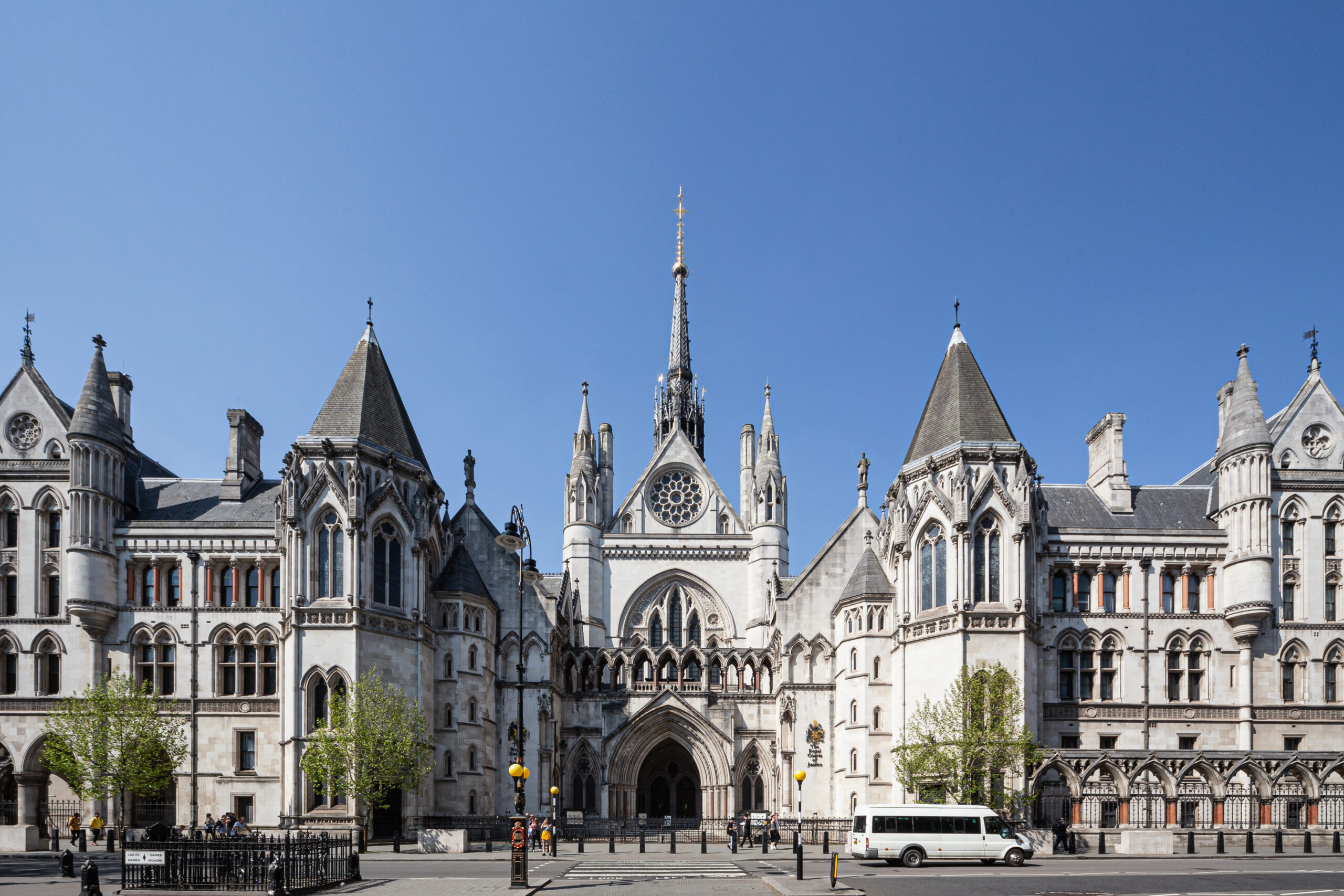In December 2024, the UK Supreme Court delivered a landmark ruling in the SkyKick v Sky case [2024] UKSC 36, fundamentally reshaping the landscape for trademark filings. The ruling confirms that overly broad trademark applications—those made for goods and services beyond the trader’s realistic business plans—are now vulnerable to bad faith attacks.
The Court reaffirmed that a trademark’s role is to help consumers identify the origin and quality of goods or services, not to give traders unfair monopolies. Applying for trademarks over unnecessarily broad categories without an intention to use them will now be seen as bad faith. Traders must be able to show that their trademarks align with their business strategies and that they have a genuine plan to use them for the goods and services listed.
What the Ruling Means for Trademark Registrations
For businesses registering trademarks, this ruling has significant implications. Previously, companies could register broad trademark categories (e.g., “computer software”) without needing to specify exact uses, as long as they used the mark for at least one subcategory. The SkyKick v Sky case now means that businesses must carefully craft trademark specifications, ensuring they are specific, realistic, and genuinely aligned with the business’s future use.
Registrations should now reflect precise subcategories of goods and services (e.g., instead of “computer software,” businesses should be more specific, like “software for audiovisual content”). Broad or vague trademark filings are at risk of being deemed in bad faith, which could lead to invalidation or restriction by the courts.
What the Ruling Means for Trademark Owners
For trademark owners, the Supreme Court ruling serves as a reminder of the importance of using trademarks genuinely within the goods and services registered. If a brand is using its trademark as a “keep-off-my-patch” weapon—for categories it has no intention of using—it could face legal challenges on bad faith grounds.
The ruling means that brand owners must be prepared to explain and evidence the commercial rationale behind their trademark filings. Having clear records of discussions or strategies regarding trademark use could help defend against any challenges, though this may not always be decisive in a case of bad faith.
What the Ruling Means for Trademark Enforcement
The ruling also impacts trademark enforcement. If a trademark is registered in bad faith, it could be open to attacks from third parties during opposition or invalidation procedures. The Court emphasized that trademarks should not be used as a tool to undermine competition—for example, by filing overly broad trademarks just to restrict competitors.
Enforcing a trademark for goods or services that are unrealistic or unrelated to the business could damage the reputation of the mark holder and invite legal scrutiny. Going forward, businesses will need to be more cautious when asserting their rights and ensure that their trademarks reflect genuine business intentions.
Key Takeaways for Trademark Strategy
- Be Specific: Businesses should ensure that their trademarks reflect specific, tangible uses for their goods or services. Avoid overly broad categories.
- Intent to Use: Trademark applications should align with the business’s current or foreseeable activities, with records supporting the commercial strategy.
- Expect Challenges: Overly broad trademarks are now more likely to face third-party challenges on the grounds of bad faith, either at the registration stage or in post-grant opposition.
- Think Global: The UK’s approach is now more aligned with stricter standards like those of the US PTO, making international trademark applications more streamlined.
These articles offer a focused, actionable summary of how the SkyKick v Sky case impacts trademark registration, ownership, and enforcement. They highlight the importance of aligning trademark specifications with real business intentions to avoid costly legal challenges.





